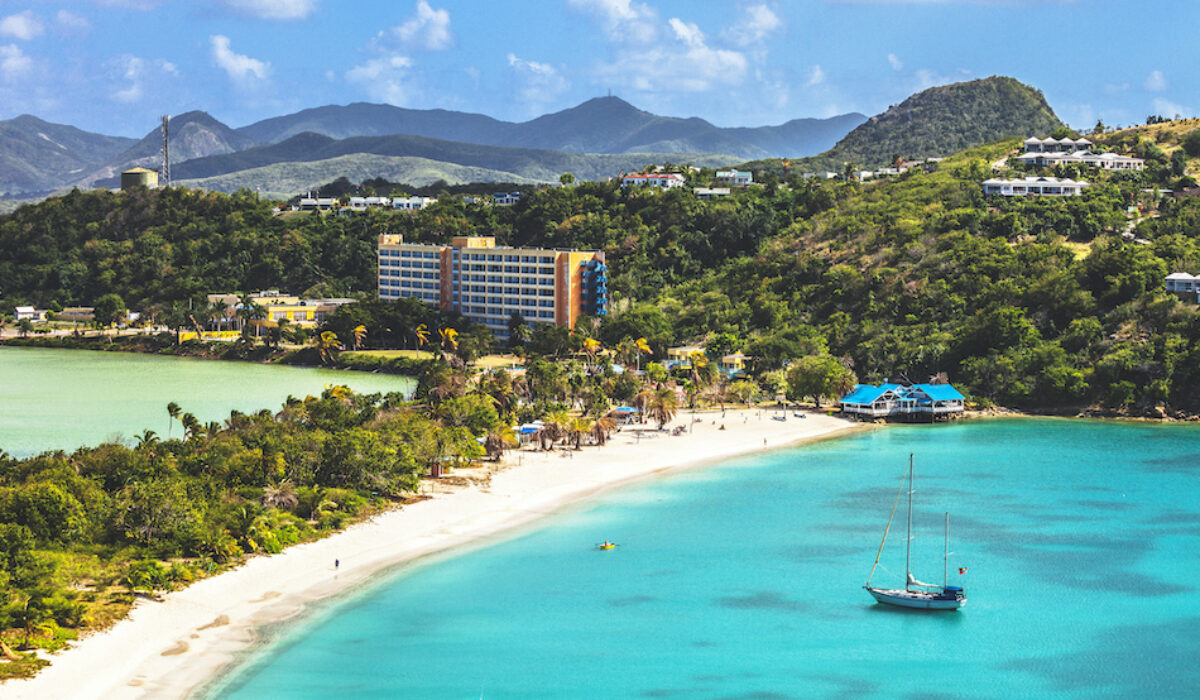Antigua 2025: How This Caribbean Island Became the Blockchain-Backed Capital of Real Estate-Driven Citizenship
In 2025, global citizens aren’t just chasing sunshine. They’re chasing sovereign advantage. And few places have rewritten the playbook like Antigua and Barbuda.
Once synonymous with yachts, beaches, and boutique resorts, this twin-island state is now attracting investors, technologists, and citizenship seekers with a bold value proposition: a real estate market hardwired into one of the world’s most agile and investor-friendly Citizenship by Investment Programs (CIP).
Welcome to Antigua 3.0—where property equals power.
Beyond the Beach: How Real Estate Became Antigua’s Diplomatic Currency
Real estate in Antigua isn’t just a lifestyle move. It’s a geopolitical one. Since its CIP launch in 2013, the country has quietly built a reputation as one of the Caribbean’s smartest jurisdictions for combining property ownership with second citizenship.
As of the 2024 CIU update, investors can qualify for citizenship by investing at least $200,000 USD in a government-approved real estate project. This investment must be held for a minimum of five years and can be co-owned (split into $200,000 shares per applicant). Processing fees start at $30,000 for a family of up to four. The program now supports more transparent and efficient due diligence protocols, attracting a broader segment of HNWIs and entrepreneurial nomads.
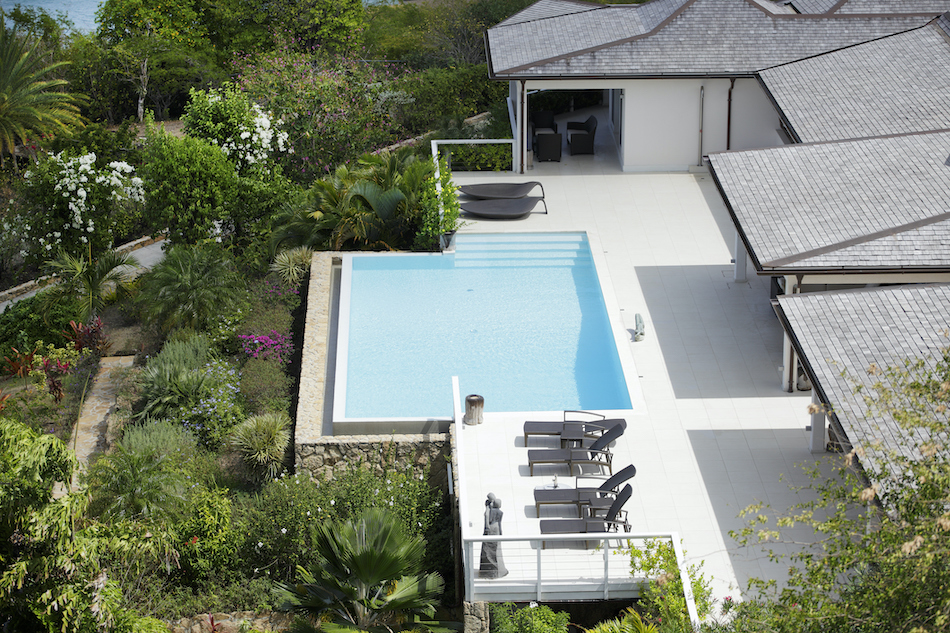
But what’s changed in 2025 is the sophistication of the offering. Buyers aren’t just acquiring beachfront villas—they’re buying fractional shares in tokenized resorts, smart homes embedded with AI-driven concierge systems, and access to international networks of digital nomads, venture capitalists, and family offices.
Hot Zones: The New Real Estate
Antigua’s high-end property market has extended beyond the traditional bastions of Jumby Bay and Pearns Point. In 2025, new development clusters are rising in areas like:
- Green Island Gateway: A fusion of eco-luxury villas and blockchain-certified property transactions.
- Falmouth Ridge: A marina-adjacent tech hub with mixed-use buildings blending hospitality, remote workspaces, and fintech labs.
- St. John’s Revitalized Core: Urban regeneration meets global capital—downtown condos linked with digital residency platforms.
Tourism-linked real estate still dominates, but new demand drivers include climate-resilient smart homes, energy-autonomous villas, and hybrid live/work campuses tailored for international founders.
Where Real Estate Meets Fintech
What sets Antigua apart in 2025 isn’t just its turquoise coastline. It’s the integration of real estate with emerging tech. Property developers are tokenizing assets to enable fractional ownership, while escrow services and title records are managed via blockchain to reduce friction, fraud, and opacity.
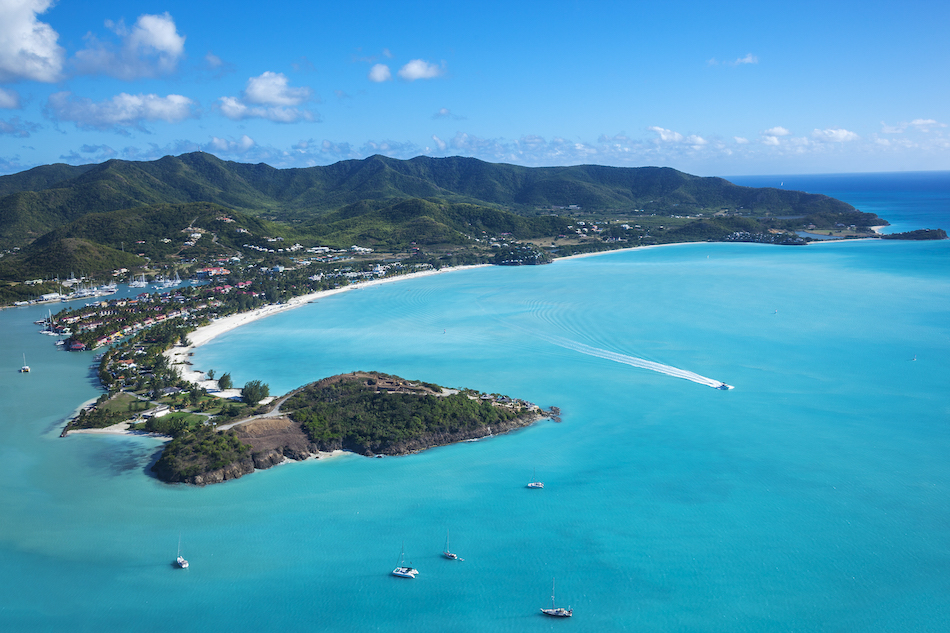
Foreign investors can now complete the entire CIP real estate process—from property selection to passport delivery—through encrypted platforms with biometric verification. The result? A streamlined, secure, and scalable pathway to residency and real estate yield.
“The Caribbean is becoming a sandbox for real estate-fintech convergence. Antigua is leading the code.”
The Commercial Shift: Hotels, Marinas
The residential surge has been mirrored by commercial real estate growth. Hotel-branded residences, high-end retail zones, and logistics nodes are all drawing investor interest.
The Antigua Cruise Port expansion and upgrades at VC Bird International Airport are positioning the country as both a tourist magnet and a regional business gateway. New commercial projects cater not just to visitors, but to a swelling base of international residents—from remote workers to crypto entrepreneurs.
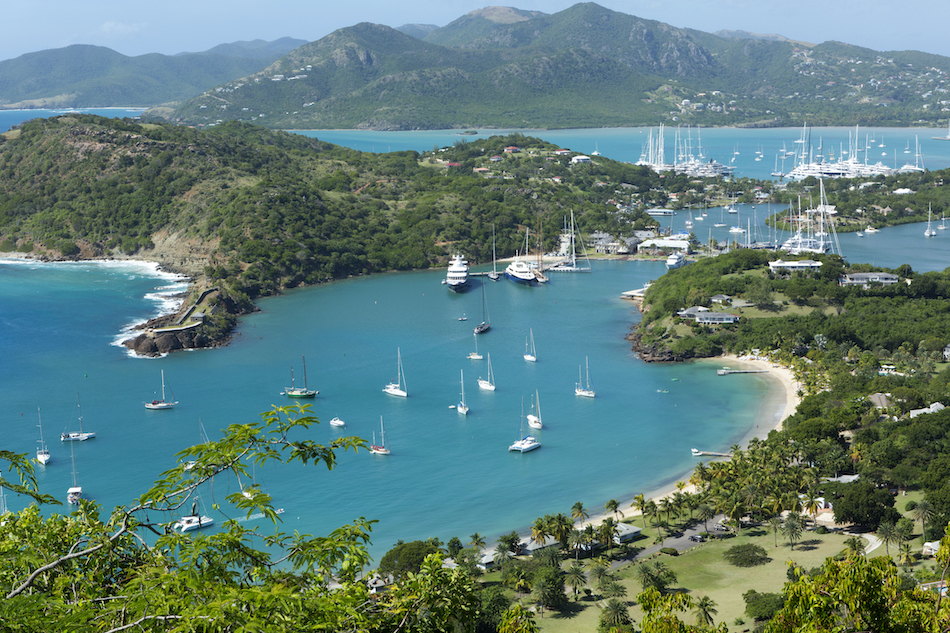
Hospitality-driven developments are particularly hot. Think: boutique eco-resorts with co-working lounges, DeFi-friendly banking pods, and concierge AI that remembers your yacht’s champagne preferences.
The Passport Factor: Citizenship as a Service
Antigua’s CIP is more than a legal shortcut. It’s an asset class.
With visa-free or visa-on-arrival access to over 150 countries, including the EU Schengen Area, UK, Singapore, and Hong Kong, Antigua’s passport has become a strategic hedge for high-net-worth individuals in uncertain political climates.
As per the 2024 guidelines, processing time is approximately 3–6 months, with streamlined documentation and online submissions now reducing bureaucratic bottlenecks.
Combine that with real estate investment, and you’ve got a two-for-one proposition: tangible luxury plus global mobility. With governments around the world tightening visa regimes and raising tax flags, a second passport is no longer exotic. It’s essential.
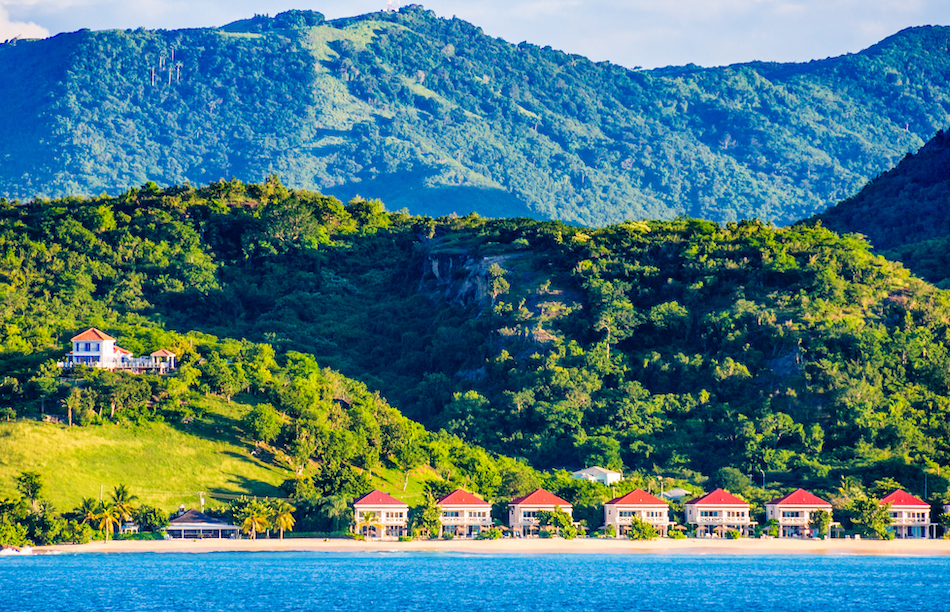
ROI: Rental Yields and Capital Upside
High-season rental demand—driven by surging luxury tourism and a year-round events calendar—is keeping property yields healthy. Turnkey villas in hotspots like Nonsuch Bay and Tamarind Hills are generating 6–8% annual returns.
Meanwhile, capital appreciation has remained resilient, even amid global economic turbulence. Why? Scarcity. Strict environmental codes, coupled with high design standards and limited development zones, mean Antigua isn’t overbuilding.
Plus, with real estate assets increasingly priced in both fiat and stablecoins, international investors are finding new flexibility in how they move money across borders.
“In the era of geo-fragmentation, mobility is money. And Antigua’s passport is a digital-era asset.”
Risks and Rewards
Of course, not everything is frictionless. Real estate-linked CIPs face global scrutiny, with regulators tightening anti-money laundering frameworks. Antigua has responded by digitising KYC processes, boosting transparency, and aligning with OECD and FATF guidelines.
At the same time, climate resilience is now a core part of the value proposition. From hurricane-proof architecture to smart irrigation and carbon-offset design, the country is aligning its development narrative with global ESG trends.
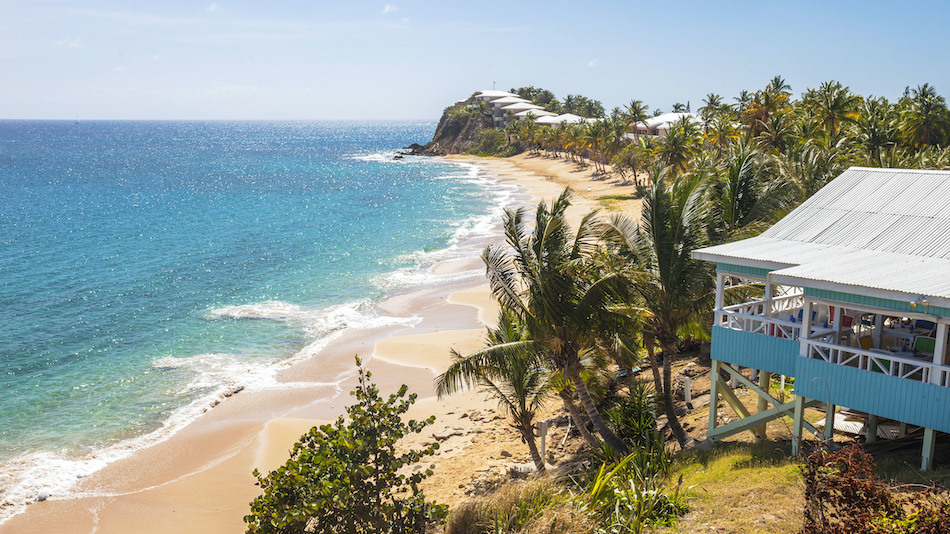
The Verdict: Antigua Is the Prototype
In 2025, Antigua isn’t just a vacation destination. It’s a prototype.
A prototype for how small nations can combine real estate, fintech, and citizenship into a seamless global offering. A prototype for how luxury can coexist with legal security and digital efficiency. And a prototype for how the passport—that little book of borders—is becoming programmable.
If you’re a high-net-worth investor looking for more than returns—if you want lifestyle, leverage, and legal arbitrage—Antigua may just be the smartest square meter you can buy.

